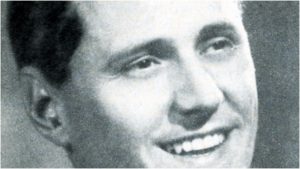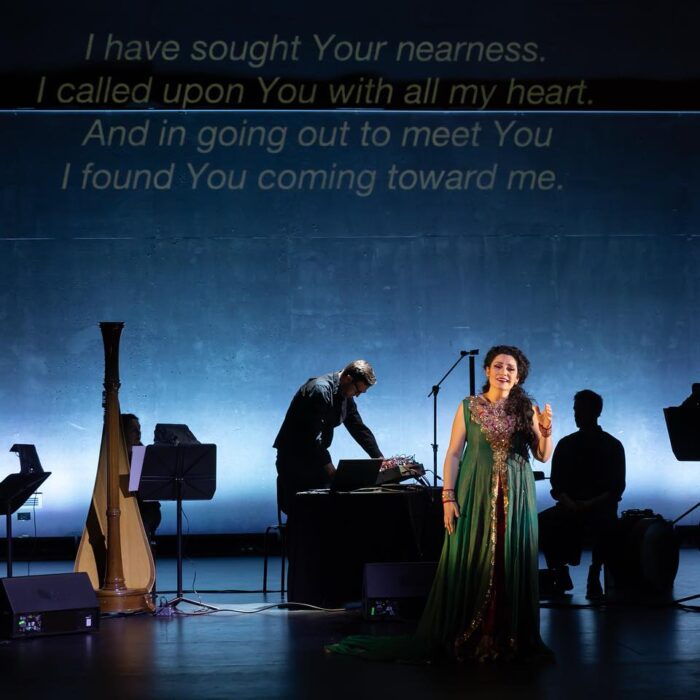
Surveying the Two Distinct Periods of Sesto Bruscantini’s Career
By David SalazarSesto Bruscantini was a consummate shapeshifter as an opera singer.
Born on Dec. 10, 1919, Bruscantini enjoyed a lengthy 45-year career filled with performances at some of the most famous houses on the globe including La Scala, Lyric Opera of Chicago, Rome Opera, Metropolitan Opera, Glyndebourne, the Vienna State Opera, and Salzburg Festival, among others.
He was a unique breed of baritone, his career defined by two rather distinct periods. Here is a look at those moments for Bruscantini.
Buffo
The baritone’s first roles were very much in the lighter repertoire. In this early phase of his career, he dominated the repertoire of Rossini and Mozart, taking on such operas as “Il Barbiere di Siviglia,” “L’Italiana in Algeri,” “ Il Turco in Italia,” “Don Giovanni, “Così fan tutte,” and “Le Nozze di Figaro.” He also appeared in comic Donizetti operas, such as “Don Pasquale,” “La Fille du Régiment,” and “Don Pasquale.
What was particularly unique about this period in his career was his versatility, the baritone often alternating roles within the same opera. For example, on one night he might sing the title role in “Le Nozze di Figaro” and on another day he might take on the count. On one production he might be Dottore Malatesta in “Don Pasquale” while another production might showcase him as the titular character. In “Don Giovanni” he even sang the title role, Leporello, Masetto, and the Commendatore at different points in his career.
Bruscantini was rather vocal about the challenges of these roles.
“ It is much more difficult to make people laugh in the right way than to make them cry or to keep them in suspense,” he noted in an interview with Bruce Duffie.
Dramatic Roles
As the quote above might hint, the baritone also took on a wide range of dramatic roles, particularly in the Verdi repertoire. “In Verdi you can sing everything. I’ve sung everything from Monteverdi to modern, and for me the very best composer for the voice is Verdi,” he also told Duffie. He moved into the dramatic repertoire in the 1960s taking on such roles as “Rigoletto,” Germont in “La Traviata,” Simon Boccanegra,” Melitone in “La Forza del Destino,” Rodrigo in “Don Carlo” and Ford in “Falstaff.”


